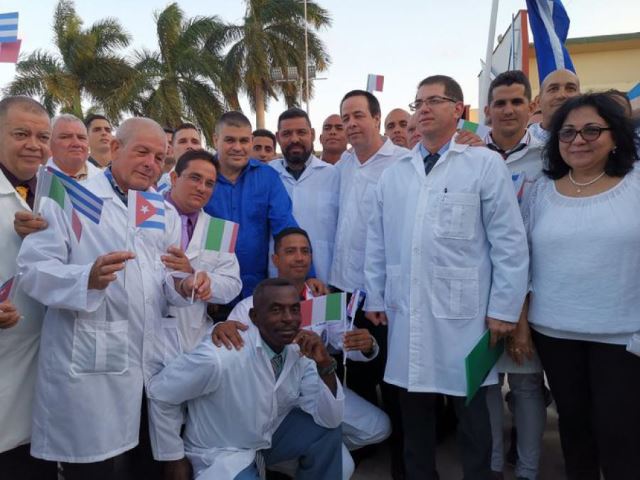M
more than other means of information, the reporters, editorialists and columnists of La Jornada have raised the serious problems caused by mining in the populations and the environment. The tragedy that the families of the 10 workers buried in the El Pinabete coal mine are now experiencing serves to remind the authorities and citizens how, since 2009, every July 22, social and academic groups raise the inconveniences caused by destructive mining. It was an initiative that emerged in Mexico and Canada, which was later joined by dozens of countries and the scientific sector.
That day they expose what happens among the human groups least protected by government agencies and various laws. They insist on the danger faced by mining workers, an activity that causes serious damage to human settlements, flora and fauna, public health and by making poor use of a fundamental resource: water. All of the above is deepened by global warming.
El Pinabete is not the only tragedy this century. Justice is still pending for the 67 miners killed in Pasta de Conchos (2006) and the spill in Cananea (2014), which showed the negligence of local, state and federal authorities. In the case that now occupies international attention, the head of the Ministry of Labor and Social Welfare, Luisa María Alcalde, assured that the rescue of the miners was not her responsibility. She plus she has allowed the exploitation of coal by many businesses that operate in very insecure places and outside the law in Coahuila. It is also unfortunate that the Federal Electricity Commission, which acquires 99 percent of the coal from that entity, does so from irregular operations. Let’s add the delay of the civil protection system when asking for the support of companies from the United States and Germany.
For a long time, mining in Mexico has been in the hands of powerful local and foreign interests and encouraged by public power. For example, in just 29 years (from 1989 to 2018), the State handed over 113.9 million hectares of the territory in concession for half a century, renewable for another. As Leticia Merino and Miguel Soto well document in their investigations, the foregoing is accompanied by great regulatory flexibility thanks to an obsolete law, which turned the concessions into very lucrative financial speculation businesses based on resources belonging to the nation. .
Thanks to this, the mining companies obtain extreme profits every year and impose their law in the areas where they operate, at the cost of impoverishing the communities that live in them. With the ineffectiveness of the secretariat responsible for the environment, they destroy the natural resources on which their existence depends and seriously pollute their environment. In addition, the federal government violates international agreements on the need to consult with the communities where there is mining wealth, the terms of exploitation.
Official reports often emphasize that we are a country rich in gold, silver, lithium, copper, aluminum, chrome, nickel, lead and zinc. The exploitation of some is remarkable: between 1994 and 2018, almost seven times more gold and twice as much silver were extracted than during the 300 years of the Colony. But the populations where both metals were mined live in poverty, in some cases extreme.
Large profits for the companies, but Merino and Soto point out that the contributions to the treasury and the population do not justify the character of public utility and the privileges conferred by law. Some data: the contribution of extractive activities to gross domestic product does not even reach 1 percent; to the treasury, 0.53 percent; in job creation, nor to 0.7 percent of the total.
Mexico committed to meeting the Sustainable Development Goals of the 2030 Agenda. Something impossible if the rules that govern the extractive sector, particularly mining, are not changed. This implies putting an end to the privileges enjoyed by the large consortiums dedicated to said activity and giving back to the nation, and especially to the communities, control over their lands and natural resources. In short, ending with a looting that contradicts the postulates of the 4T.














